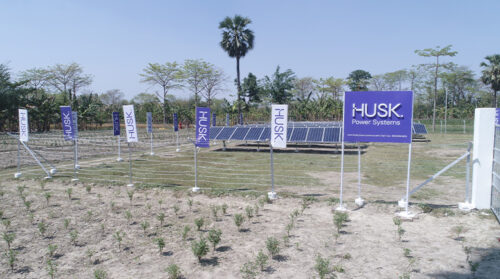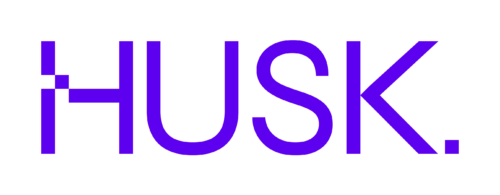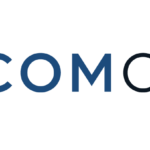
Husk Power Systems, a renewable energy company established in 2008, is expanding its operations across sub-Saharan Africa and South Asia with ambitious plans to bring clean energy to underserved regions. The company has announced its intention to install 500 solar-powered mini-grids in Nigeria within the next five years, as part of a broader goal to establish at least 5,000 mini-grids globally by 2030.Currently active in Nigeria, Tanzania, and India, Husk has set its sights on creating one million connections, half of which will target small and medium-sized enterprises (SMEs). By prioritizing SMEs and public institutions like schools and health clinics, Husk aims to stimulate economic growth and improve access to essential services in rural areas.
The company’s CEO and co-founder, Manoj Sinha, emphasized this focus, saying, “MSMEs drive economic growth in Africa, and powering these businesses not only creates jobs but also improves living conditions for households.”
Favorable Regulatory Environments Fuel Expansion
Husk’s expansion in Nigeria is supported by a conducive regulatory framework. The Nigerian Electricity Regulatory Commission’s Mini-Grid Regulation provides clear guidelines for asset transfers and financial compensation if the national grid reaches areas already served by private mini-grids. Additionally, the Nigeria Electrification Project offers grants to mini-grid developers, further incentivizing private investment in the sector.The company is also exploring other regions in Africa, focusing on countries with similar regulatory support. Markets such as Kenya, which recently introduced tax incentives for mini-grid operators, are seen as promising opportunities for growth.
Technological Innovations for Smarter Energy Management
Husk leverages advanced technology, including artificial intelligence and IoT, to remotely manage its mini-grids. These innovations ensure efficient operations and help reduce costs for customers. Businesses transitioning from diesel generators to Husk’s solar mini-grids can expect up to a 30% reduction in energy costs, according to Sinha.The company also offers financing options for household and commercial appliances, further enhancing accessibility to clean energy solutions.
Tackling Africa’s Energy Gap
With sub-Saharan Africa accounting for 75% of the global population lacking access to electricity, Husk’s initiatives are well-positioned to address a critical need. By providing cleaner and more affordable energy alternatives, the company aims to transform the lives of millions living in darkness.According to the World Bank, mini-grids could supply clean energy to half a billion people worldwide by 2030, provided the right policies are implemented. Husk’s efforts align with this vision, offering scalable solutions to energy poverty.
Support and Recognition
Husk has raised $40 million from investors, including Shell Energy and the Dutch Development Bank FMO. It was also recognized in the 2021 Renewables Global Status Report as the only mini-grid developer operating over 100 community sites.Kanika Chawla, a program manager for UN Energy, praised Husk’s commitment, stating, “Their efforts demonstrate the potential of private enterprises to drive the global energy transition, end energy poverty, and expand renewable energy solutions for productive and consumptive use.”As Husk continues its expansion, it exemplifies how innovative approaches and supportive policies can pave the way for sustainable development in emerging markets.




